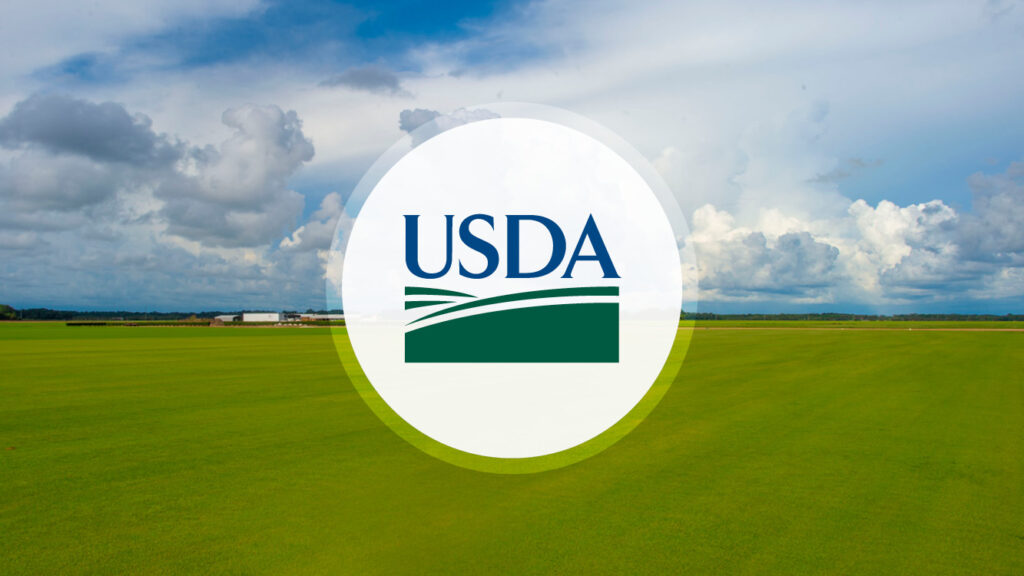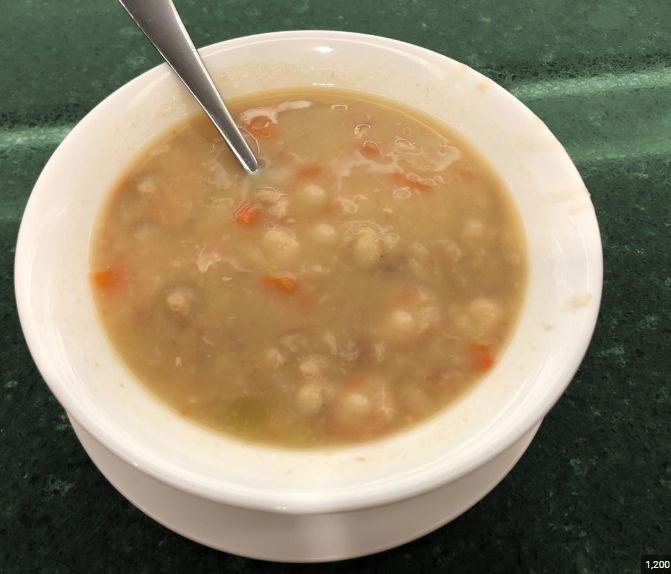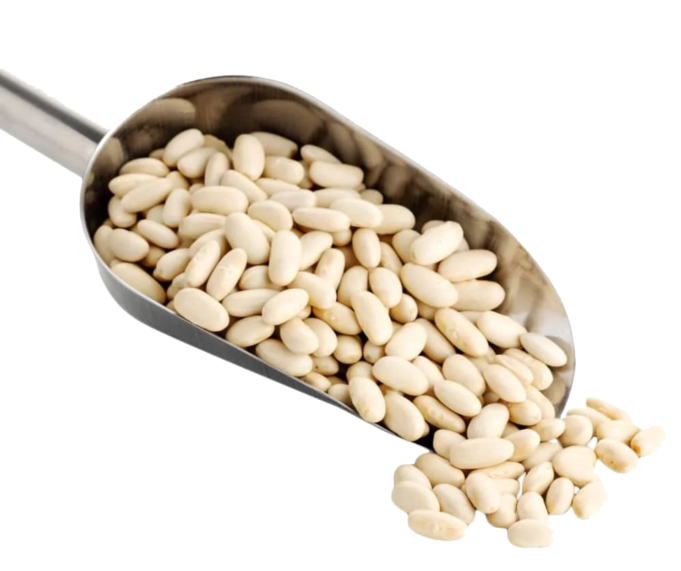by Dr. Christina Parks | Guest Columnist

We have been indoctrinated in our modern age to think that eating fat is a bad thing. In fact, nothing could be further from the truth. Each cell of your body is encased in a fatty membrane that protects that cell and determines what is allowed to enter and exit.
Further, there are many different types of fatty-acids and the proper composition of our cell membranes helps to ensure that they function properly and are resistant to infection by viruses. Since babies are producing millions of cells as they grow, it is essential that the mother eat foods containing healthy fats before, during, and after pregnancy.
You may have learned in school that the main function of the cell membrane is to protect the cell. We know now that it also functions as the most amazing computer switchboard ever designed.
The cell membrane integrates thousands of signals from the environment, other cells, other parts of the body and the cell itself to produce a coherent message that it then passes on to the nucleus of the cell, telling it which genes to turn on or off in response to what is going on! So, you can see how important it is for the cell membrane to contain the proper fatty acids and function properly.
One of the key fats, or phospholipids, that are especially important to the function of the brain, is phosphatidylserine (PS). Studies have shown that supplementation with phosphatidylserine can reduce the symptoms of Parkinson’s disease, ADHD, age-related cognitive decline, stroke, low cortisol, and even vaccine-induced neurological problems.

In fact, a key study from the lab of Yehuda Schoenfeld demonstrated that phospholipid supplementation was able to reduce vaccine-induced depressive behavior in mice. The authors of the study suggest that phosphatidylserine is likely to be a key mediator of these healing effects.
They further explain that the healing effects of phospholipid supplementation may also result from the fact that mitochondria, the energy-producing organelles of the cell, need phosphatidylserine to function optimally.
At this point, you are probably ready to grab a bottle of phosphatidylserine of the shelf of your local health-food store. Not so fast. One thing my research has revealed to me is that man-made supplements are different from the nutrients made by living things. They often do not have the same positive effects and can even be toxic because the body does not recognize them. This is one of the reasons that I have been a proponent of obtaining key nutrients through food.
Animal products have widely been recognized as the best source of important phospholipids. One reason why I have been concerned about the uncritical promotion of vegan and vegetarian diets is because they often do not address the necessity of animal-derived vitamins, such as vitamins D, A, K and the various B vitamins. They also often do not address the potential for deficiencies of key phospholipids, such as phosphatidylserine.

In an article about the benefits of phosphatidylserine, Dr. Josh Axe elaborates: “Modern production of fats and oils decreases their natural phospholipid content, including phosphatidylserine. Modern low-cholesterol and low-fat diets lack up to 150 milligrams per day of dietary phosphatidylserine, while a vegetarian diet may undersupply as much as 200 to 250 milligrams per day.”
The main animal source of phosphatidylserine for supplementation is cow brain, as the brain incorporates large amounts of PS. However, this source is no longer recommended due to the risk of Mad Cow Disease. The main vegetable source of phosphatidylserine is soy lecithin. However, many people are concerned about the ingestion of soy products because they contain high amounts of anti-nutrients that can be harmful to the body. So, what ARE good, widely available, clean sources of PS that our readers can obtain?

If we are looking for animal sources of phosphatidylserine, a rich source of it is an egg yolk. At the same time, an egg yolk provides loads of other vital nutrients. According to Dr. Chris Masterjohn, egg yolks “are unparalleled in their supply of choline,”
A key building block for acetylcholine, the chemical messenger, or neurotransmitter, that plays a critical role in brain and muscle function. Choline intake is especially important during pregnancy because, as a “brain-building nutrient,” it is essential for fetal brain growth and development.
Abundant in omega-3 fats, vitamins A, B, D, E, and K, essential minerals, and amino acids tryptophan and tyrosine, egg yolks offer exceptional nutrition for your mind and body. In order to best absorb and utilize the PS in eggs, do not cook the yolk hard, but allow it to remain in a largely liquid state, as in an over-easy fried egg or a poached egg.
If we are looking for non-toxic plant sources of phosphatidylserine, Wikipedia advises that “Only small amounts are found in dairy products and vegetables, with the exception of white beans and soy lecithin.” So, while most vegetables contain little to no PS, the small, white, navy bean contains a significant amount of phosphatidylserine, even relative to animal sources.
Not only is the navy bean a nutritional powerhouse, the finding that the navy bean contains key phospholipids, which are essential to brain health and generally only found in animal products, is truly exceptional. Dr. Axe details the many benefits of navy beans, which are “rich in antioxidants and micronutrients…[and] are also a great source of plant-based protein and fiber”:
They feature disease-fighting antioxidants and important nutrients like folate and vitamin B12. These beans also … provide gluten-free protein and fiber. ….

Like all white beans, they are known for their high levels of phosphatidylserine, a fatty substance that plays an essential role in brain health. …. These essential molecules increase the levels of brain chemicals that work to improve memory and brain cell communication.
Research suggests that phosphatidylserine may help slow down age-related cognitive decline.
These molecules in navy beans have also been shown to combat depression and improve symptoms of Parkinson’s disease, a brain disorder that causes difficulty with balance and coordination.

Navy beans are a great source of polyphenols, which are rich in antioxidants that help fight free radicals and prevent damage to our cells. Because of their antioxidant content, navy beans have been found to fight inflammation and help modulate immune responses.
Navy beans also contain apigenin, a type of flavonoid that has been studied for its many health benefits, including its ability to fight diabetes, amnesia, Alzheimer’s and depression.
According to the USDA, one cup (about 182 grams) of cooked navy beans contains approximately the following (DV is Daily Value):
Dr. Christina Parks is an educator, researcher and scientist who gained widespread recognition following her appearance before the Michigan State Legislature on August 10, 2021 where she forcefully challenged the COVID-19 policies.
Opinions expressed by columnists are uncensored and are not necessarily the views of the Most Honorable Elijah Muhammad, the Honorable Minister Louis Farrakhan, the Nation of Islam or The Final Call. Please consult the page 28 “How To Eat To Live” article by the Most Honorable Elijah Muhammad in the current issue of this newspaper.













